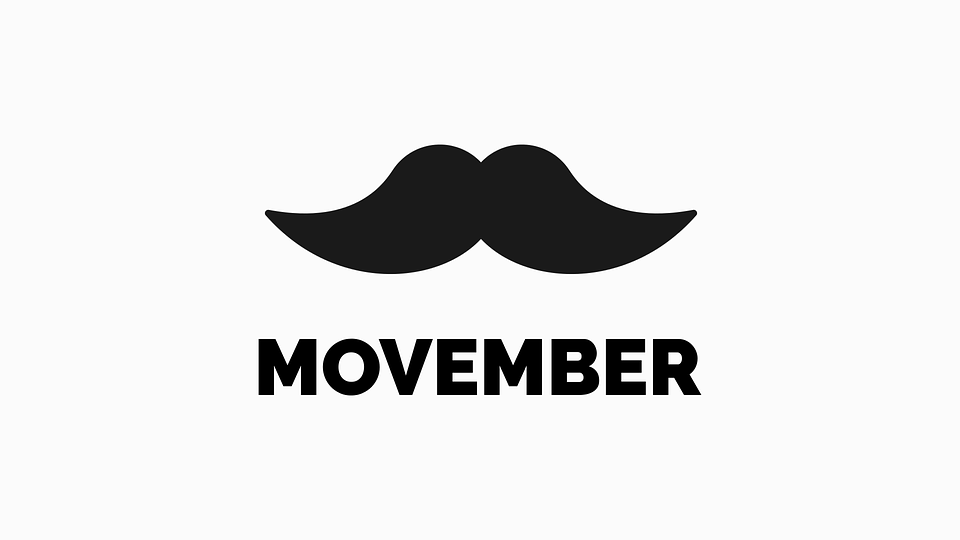The Movember Foundation is the leading charity changing the face of men’s health by addressing some of the biggest health issues faced by men: prostate cancer, testicular cancer and mental health.
In recent years, this has grown from the opportunity to avoid shaving for 30 days, to addressing many health topics including suicide prevention among men. As we move into November, I’m taking a closer look at the stigma that surrounds male mental health.
Mental health problems can affect anyone, but the discrimination and stigma surrounding it can make people very apprehensive to open up about their difficulties and ask for help. Mental health in men continues to be a seriously taboo subject, with many men suffering in silence when they experience feelings of sadness, loneliness or anxiety.
Talk to someone – don’t try and face it alone.
The societal gender norms that are instilled into us all, through outdated stereotypes, that men should be ‘tough’ and ‘fearless’, further complicate the issue that many men feel: that they are not a ‘man’ if they show any sign of weakness or emotion, or that they are less of a man by asking for help.
Men may fail to recognise or act on warning signs and may be unwilling or unable to seek help. It’s so important to recognise the signs of mental health problems and encourage each other to speak about how we are feeling. There’s no shame in feeling vulnerable, lonely or sad – there are more people who want to help than you think.
76% of suicides are committed by men. 12.5% of men in the UK are suffering from a common mental health disorder, and suicide is the biggest cause of death for men under 35 in the UK. Men are also a lot less likely to access psychological therapies than women, with only 36% of referrals being men, reflecting the notion that they suffer in silence.
Furthermore, the number of men currently in treatment for drug and alcohol abuse in Britain is three times that of women. These statistics paint a very clear picture. While women are seeking help for mental and emotional health issues, men are self-medicating. And, whilst women might attempt suicide (attempted suicide rates are higher in women), men are unfortunately ‘succeeding’.
The men who are most revered in society (famous, successful, wealthy, powerful) are not always ready to admit their own issues in public and that can leave the ‘average’ man reluctant to speak out. However, it is great that things are beginning to change for men. When Prince Harry and Prince William began to open up about their own difficulties with mental health, it gave the nation a great lift.
Following this, more of these revered men are coming forward and openly addressing mental health issues that they themselves face; footballers, actors and politicians are proving that anyone can talk about their mental wellbeing in an attempt to end this discrimination for men. These men are showcasing bravery, talking about their struggles and attempting to break the stigma, to allow a progressive society where men can freely talk about their mental health, without apprehension.
There has never been a better time to seek help for your mental wellbeing. If you are suffering from poor mental health, the first step has to be yours. It might feel like the hardest step to take, but it can lead to easier and better steps. Talk to someone – don’t try and face it alone.
Amy Kate Daniels

